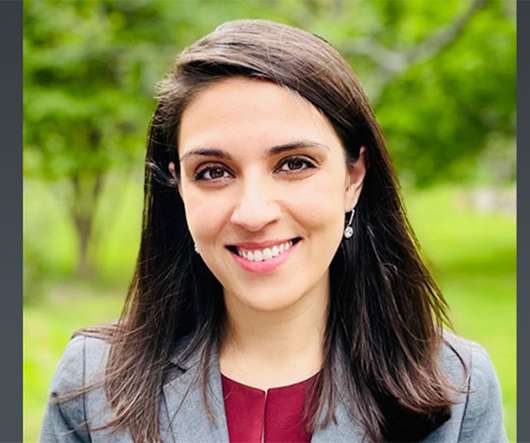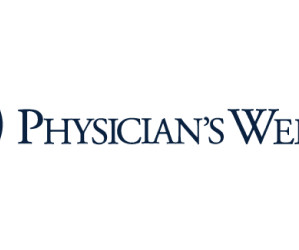The MAHA Assessment’s Implications: Drugs (Part One)
FDA Law
JUNE 4, 2025
Ordinarily, a public health initiative of such magnitude would have been governed by a transparent multi-step process featuring public meetings and drawing on external scientific expertise. In other words, as you read this, the Assessments findings and recommendations are getting baked into federal government policy, for better or worse.












Let's personalize your content